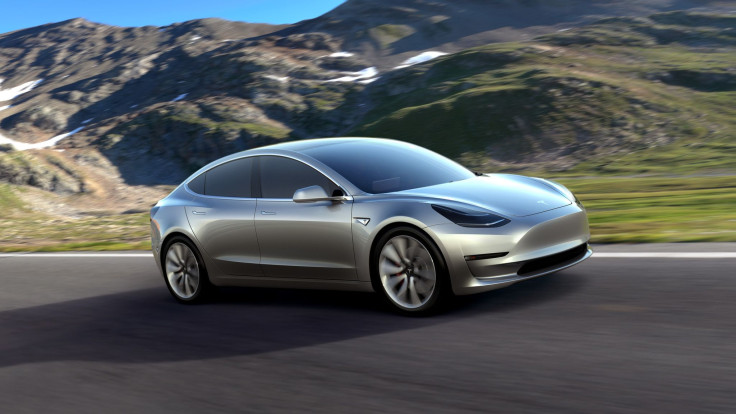Two Tesla Motors Inc. (TSLA) Manufacturing Executives Leaving Electric Car Maker

This story was updated at 4:10 p.m. EDT.
Two top manufacturing executives are leaving Tesla Motors Inc. as the Silicon Valley electric-car maker prepares to launch its first mass-market car, the Model 3, and sharply ramp up production.
The departures follow a rocky production start for the company's Model X sport utility vehicle, a technology-heavy crossover that faced problems including parts shortages and quality issues, such as non-fastening doors.
Tesla's vice president of production, Greg Reichow, has chosen to take a leave of absence for a "well-earned break," a Tesla spokesperson said. Chief Executive Elon Musk said Reichow and his team deserved credit for "building an all-new manufacturing organization from the ground up" and making the Model S sedan and Model X a reality.
Reichow, who has led production for the past three years and has been employed for five years at Tesla, will stay on until a successor is found to ensure a "smooth handoff," the company said.
Tesla also confirmed its vice president of manufacturing, Josh Ensign, has left the company.
Tesla says the Model X issues have been resolved and production of the SUV, which began deliveries in September, is now on track.
The company hopes to produce 500,000 vehicles annually by 2020, led by its hotly anticipated Model 3, which is to be priced around $35,000 and due to begin production at the end of 2017.
Some analysts question whether the company will be able to handle a ten-fold increase in production, given demand for the Model 3, which has already received more than 325,000 reservations in the month following its unveiling on March 31.
Tesla is due to announce first-quarter results later on Wednesday.
Tesla co-founder, Chairman and CEO Elon Musk may not mention the company’s stock price when it gives its latest financial update, but it will be front and center in the minds of investors divided over its seemingly rich valuation.
After a rally that ground to a halt in April, Tesla’s market capitalization is currently about $31 billion — equivalent to either $620,000 for every car it delivered last year or $63,000 for every car it hopes to produce in 2020.
By comparison, General Motors’ $48 billion market value is equivalent to about $4,800 for every vehicle it sold last year.
Tesla’s heady valuation, about 125 times its expected earnings during the next 12 months, and the implication that shareholders may be overpaying for Musk’s small but fast-growing luxury car company have made the stock a favorite of short sellers.
Short sellers first borrow shares and then sell them, hoping to buy them back later at a cheaper price.
Tesla is among the world’s 10 most-shorted companies by market value, even after an 85 percent rally this year scalded some of its short sellers. In the past month, short bets against Tesla fell by more than $1 billion, but are still above $6 billion, according to financial analytics firm S3 Partners in New York.
Data from Reuters were used to report this story.
© Copyright IBTimes 2024. All rights reserved.





















